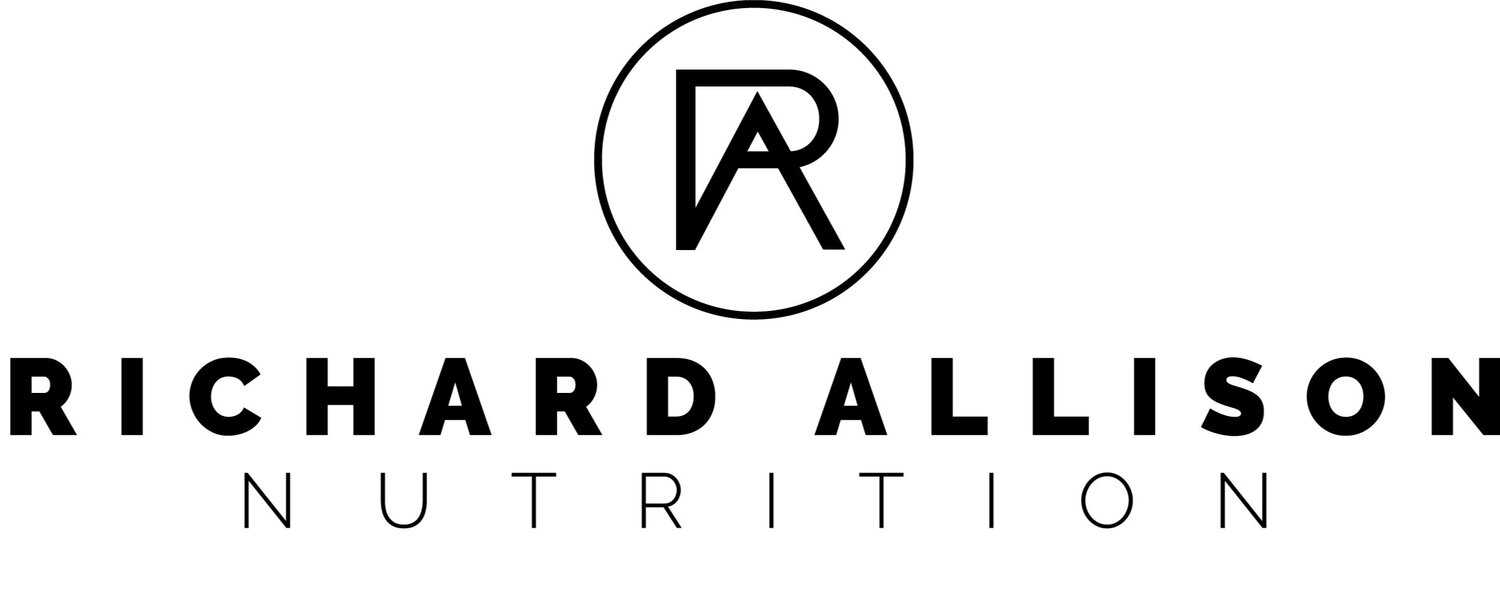Is Breakfast the Most Important Meal of the Day?
The notion that "breakfast is the most important meal of the day" is a widely accepted belief, but it's crucial to acknowledge the diversity in individual nutritional requirements and preferences. The significance of breakfast varies depending on factors such as one's overall dietary habits, lifestyle, and specific health objectives. It's important to recognize that breakfast marks the initiation of the day's eating after the overnight fasting period. While many associate breakfast with sugary cereals featuring anthropomorphized jungle creatures, the actual importance of this meal hinges on the nutritional content of the food and the unique needs of the individual consuming it.
Considerations:
Glycogen Storage:
Breakfast plays a role in replenishing glycogen stores, which become depleted overnight during fasting. Glycogen is the body's stored form of carbohydrates and is a primary energy source, particularly during high-intensity activities. This is particularly important when individuals have high daily carbohydrate requirements (>7g/kg/BM). For example, someone who is preparing to run a marathon or other endurance-type event. They will need to maximise their consumption of carbohydrates across the whole day and will need to consume carbs in the morning in order the hit their requirements for the day.
Protein at Breakfast and Muscle Protein Breakdown:
Consuming protein at breakfast can be important for various reasons. Firstly, it helps attenuate muscle protein breakdown, providing amino acids that support muscle maintenance and repair. This is crucial for individuals engaged in regular physical activity.
Protein is a satiating nutrient, meaning it helps promote feelings of fullness. Including protein at breakfast can contribute to better appetite control throughout the day, potentially assisting with weight management. Furthermore, individuals who are trying to maximise their muscle synthesis will be advised to consume 20-40g every 2.5-3hrs whilst waking, therefore protein at breakfast is essential.
Fasted State Training:
Some individuals engage in fasted state training, which involves exercising before consuming a meal. The idea is that this approach can enhance fat oxidation. However, the effectiveness of fasted training can vary among individuals, and it may not be suitable for everyone, especially for those engaged in high-intensity or long-duration workouts.
Subjectively people may prefer to train on an empty stomach and will consume ‘breakfast’ as a post-exercise recovery meal. Having a combination of carbs and protein post-fasted training helps to upregulate cellular adaptations to training.
Cereal Considerations:
While cereals can be a convenient breakfast option, it's important to choose ones that provide a balance of nutrients, including fibre and protein, and are low in added sugars. Some traditional sugary cereals may lead to a quick rise in blood sugar levels followed by a crash, potentially affecting energy levels and hunger later in the morning.
In summary, the importance of breakfast can vary based on individual preferences, lifestyle, and specific health goals. For some, having a balanced breakfast that includes protein, healthy fats, and complex carbohydrates may provide sustained energy and contribute to overall well-being. However, others may find that intermittent fasting or other dietary patterns suit their needs better.


